10 Ways to Boat Safer
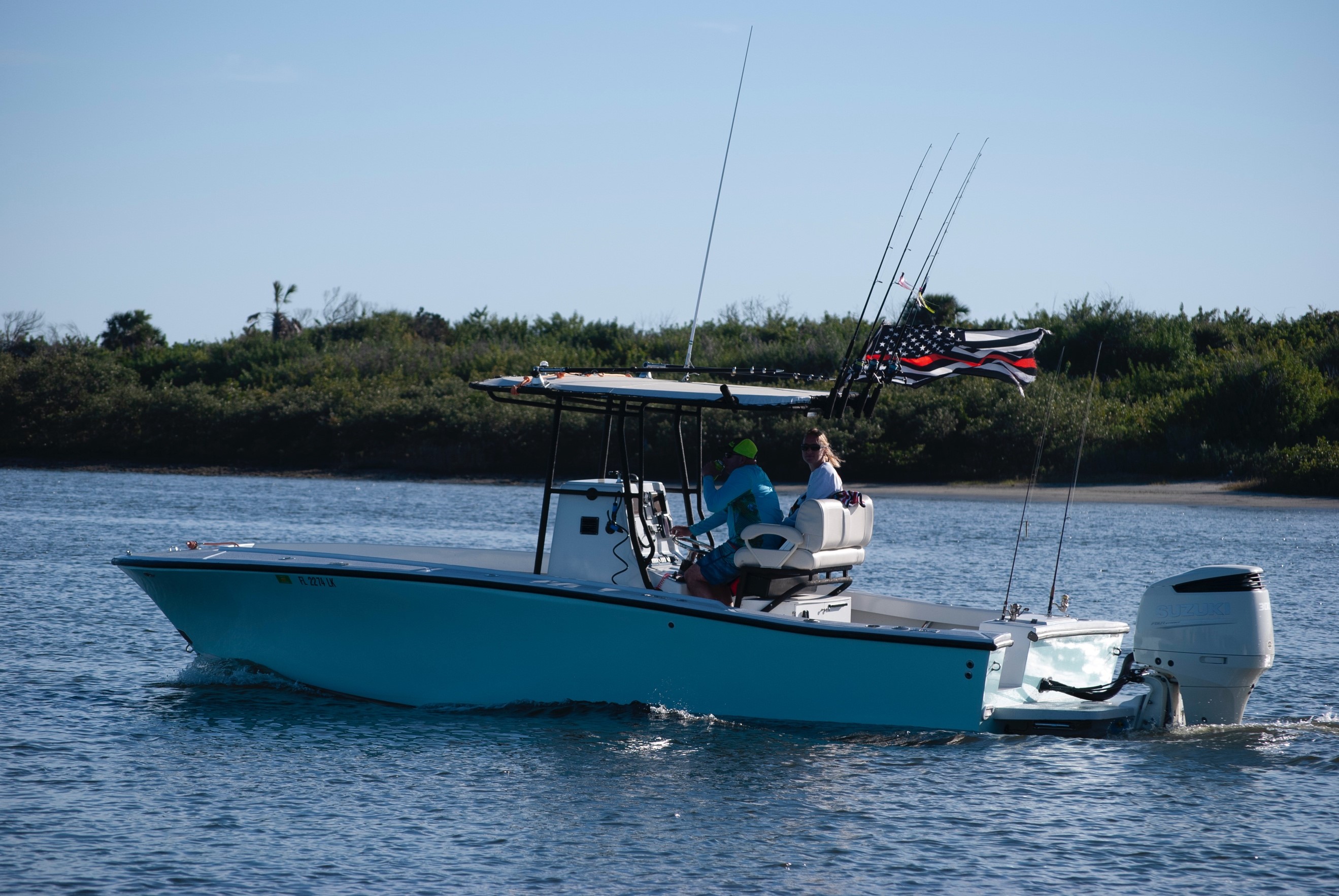
Boating adventures are meant to be fun and exciting. However, every time someone goes for a boat ride, there is the danger that someone will get hurt. Simple things you can do before and during a boat outing can be the difference between having fun or a trip to the hospital. BoatTEST.com strongly encourages you to take the following steps to improve safety on the water and help make sure that a day of boating starts and ends well.
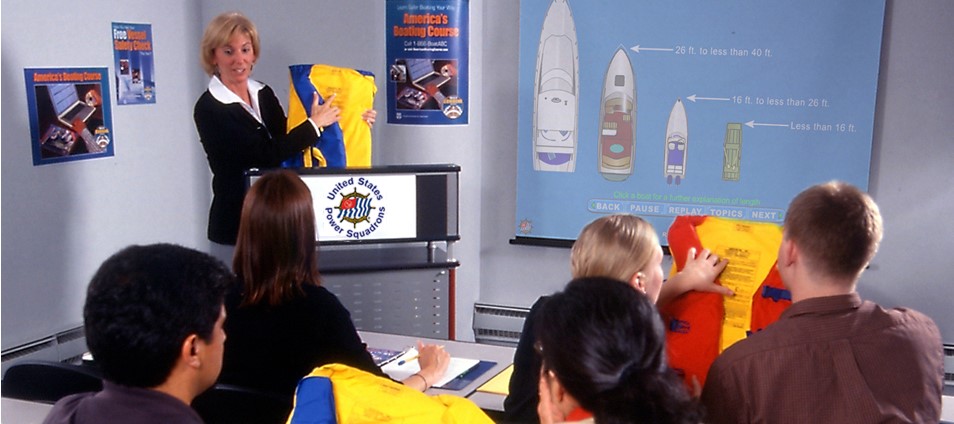
1. Take a boating safety education course – Before ever leaving the dock or marina take a boating safety course. In some states, it is required by law. Check with your state officials for age and licensing requirements. Encourage your spouse and children to attend. The education of your boating family is YOUR responsibility.
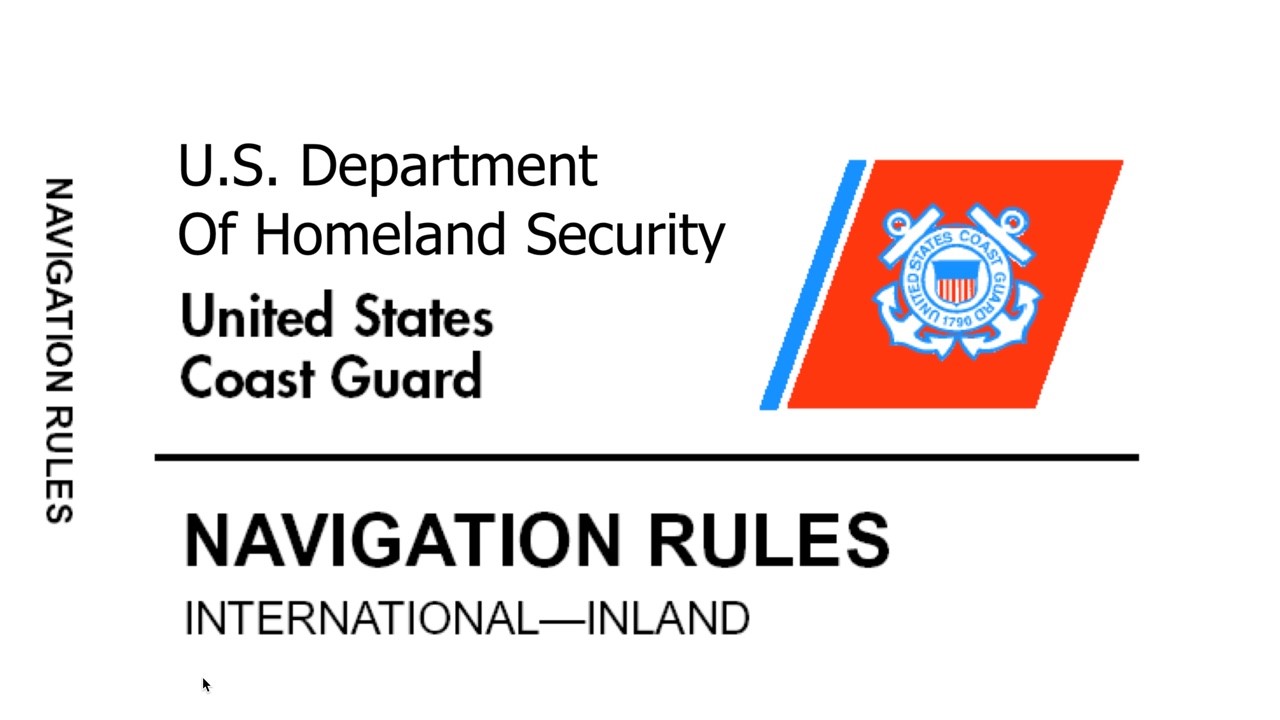
2. Learn and follow all local navigation rules – The rules of the road are just as important as the rules you drive your car by on the highways. Using them with common sense will keep you out of trouble.
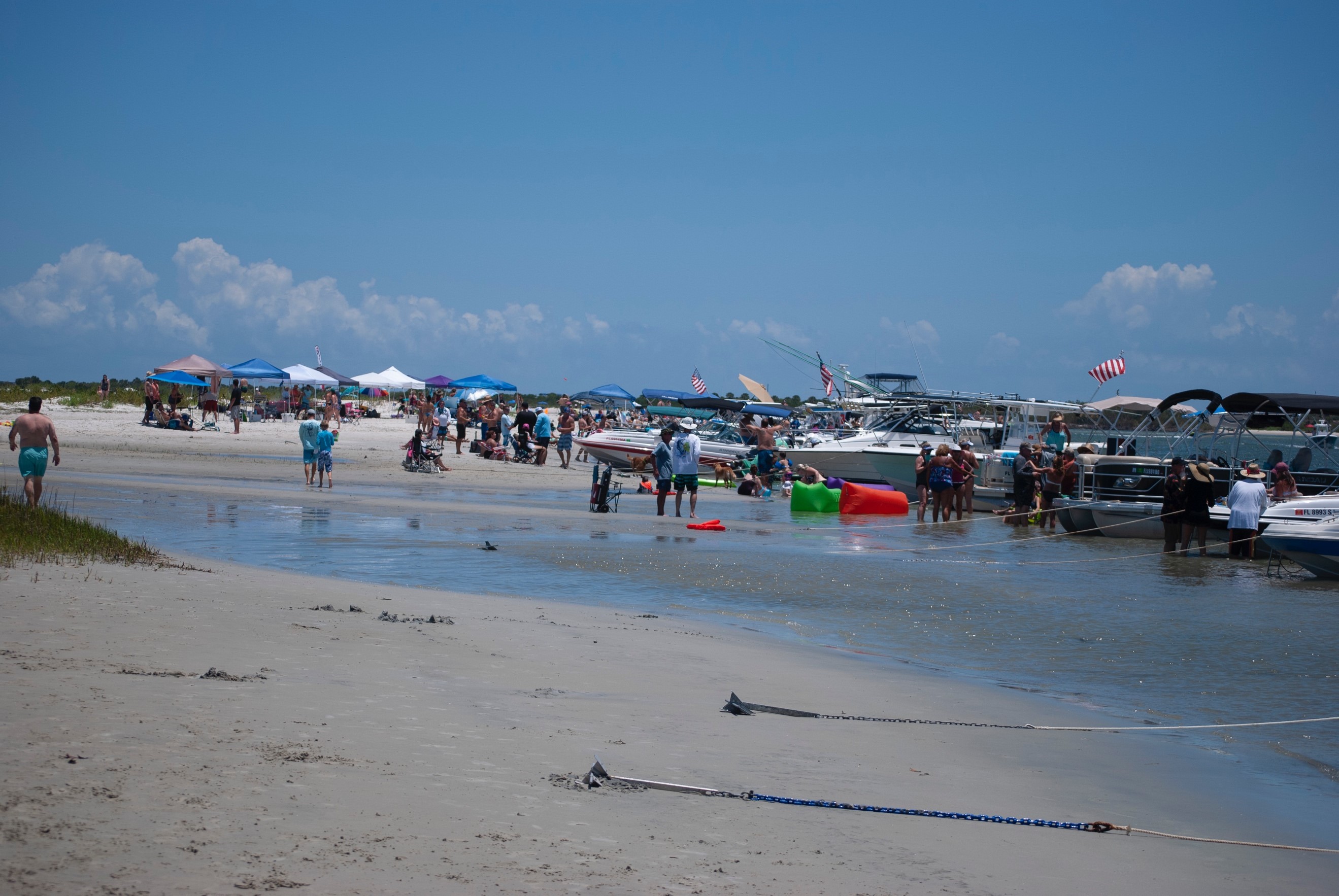
3. Stay sober – Never boat under the influence of alcohol or drugs. Driving a boat under the influence of alcohol is just as deadly as in a car. Alcohol is responsible for a disproportionately high number of boating deaths.
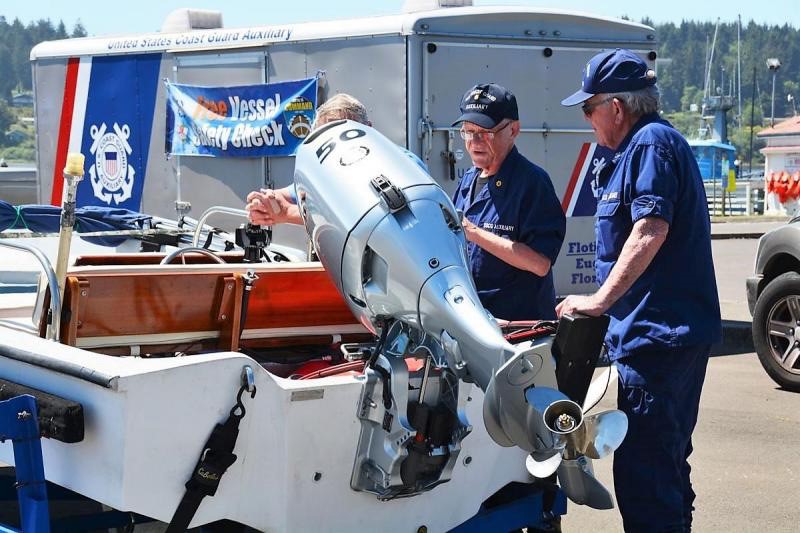
4. Get a vessel safety inspection – Many organizations offer this service including the U.S. Coast Guard Auxiliary. The inspection assures boats are equipped with proper safety gear and the vessel is in “seaworthy” condition. Then know your equipment and how to use it.
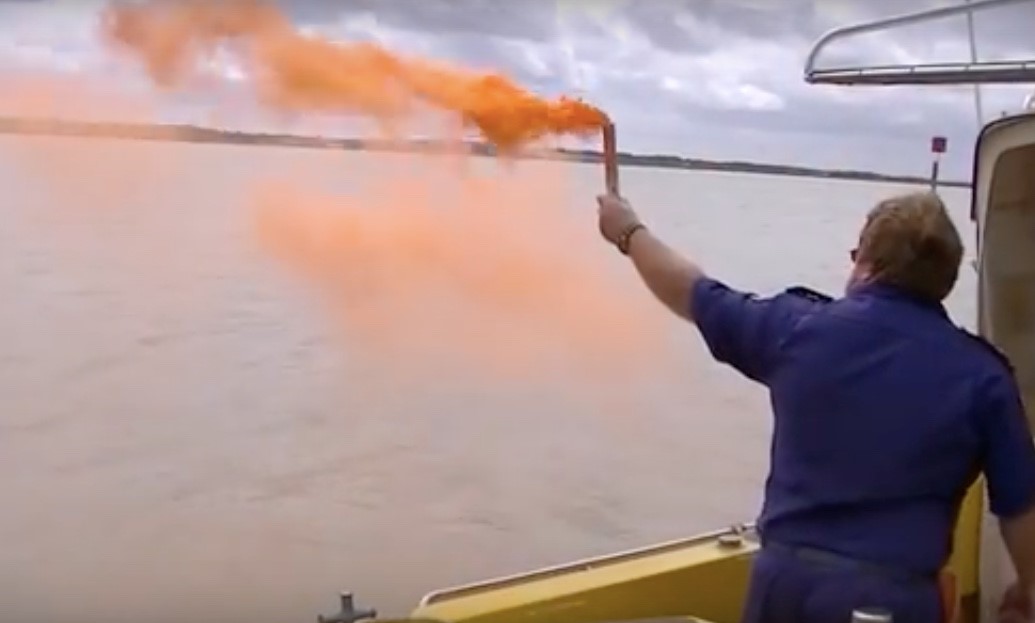
5. Learn the use of flare signals – Understand the proper use of safety flares and hand signals to alert other boaters that you have a problem and need help.
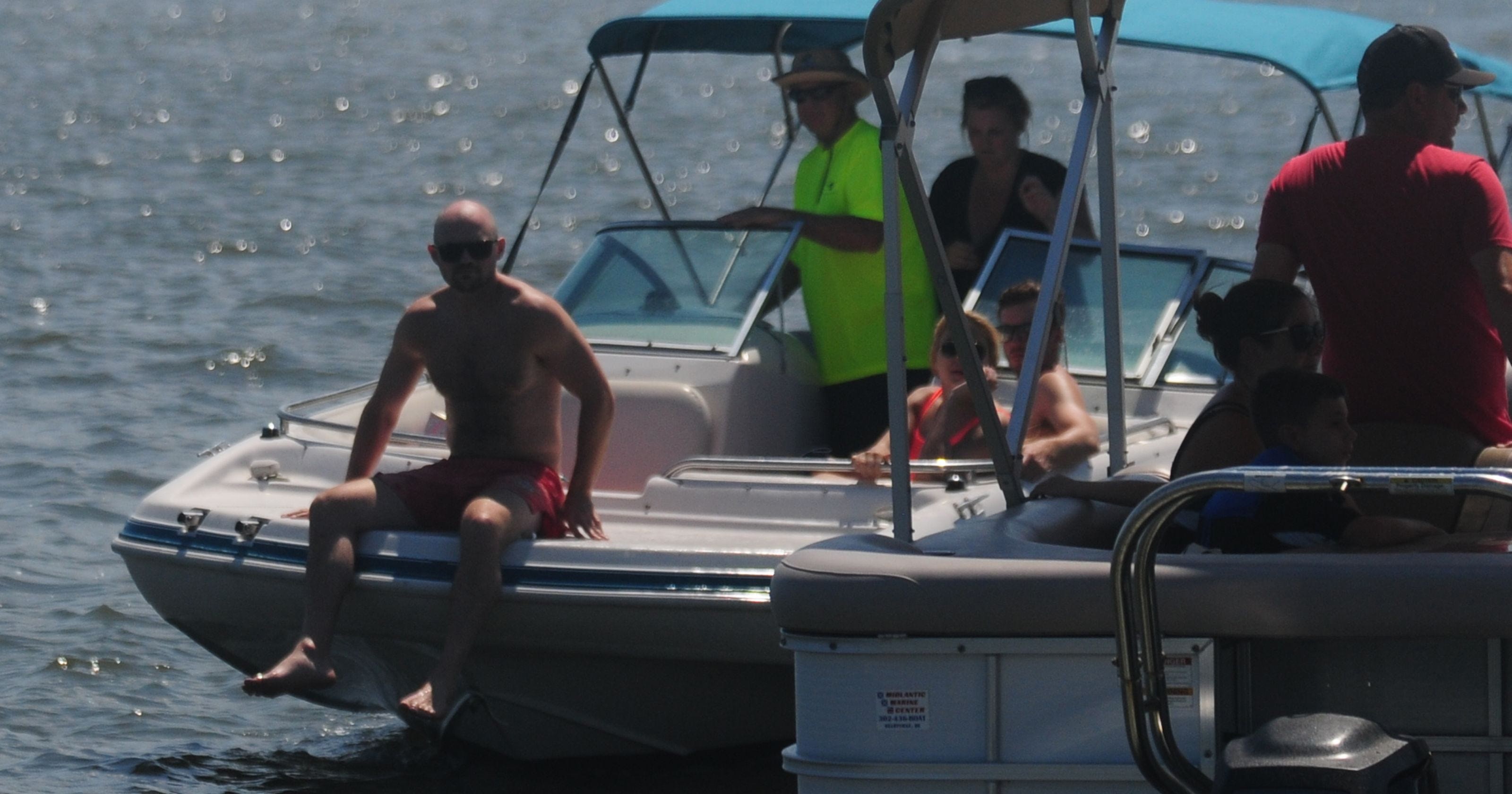
6. Keep riders off the bow – Never let anyone ride on the bow of your boat, even at slow speeds. Keep the guests safe and they will enjoy the experience. You are in command and their safety is your responsibility.
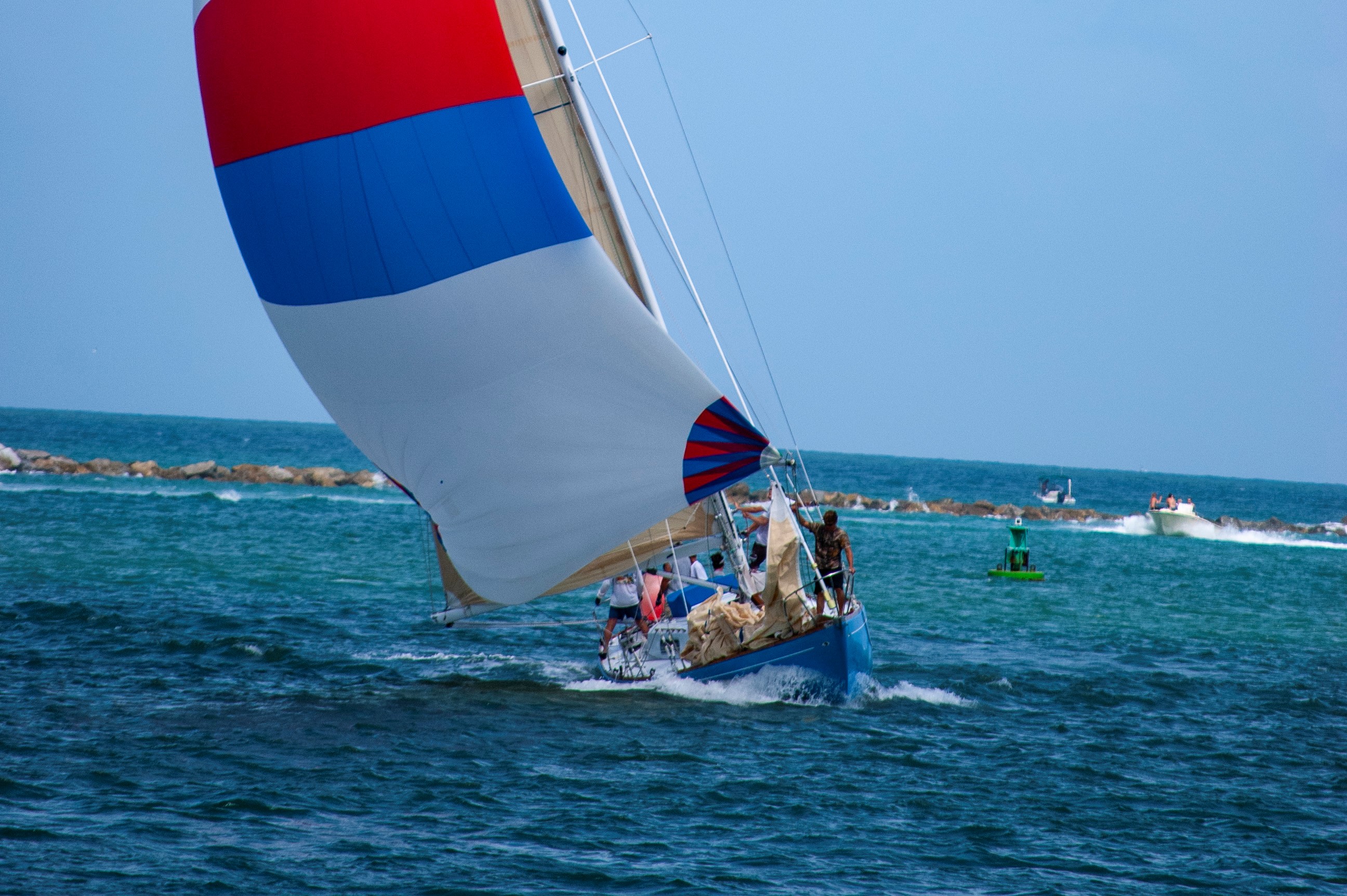
7. Pay attention around you and behind you – Be aware of approaching boats, the currents, sea conditions, and always have a rescue plan for your passengers and yourself. Make sure everyone aboard knows how to use the VHF radio.
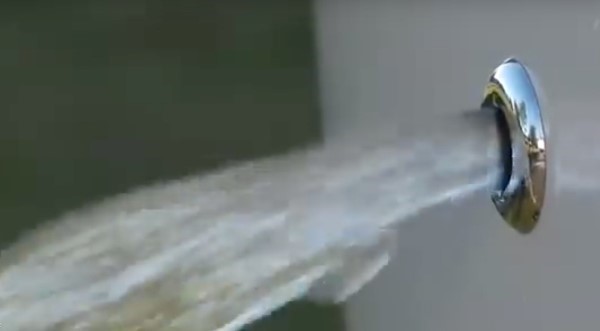
8. Keep the water out of your boat – Know your boat, where the thru hulls are located and plugs to stop leaks. Check for leaks from time to time. Make sure your automatic bilge pump is working.
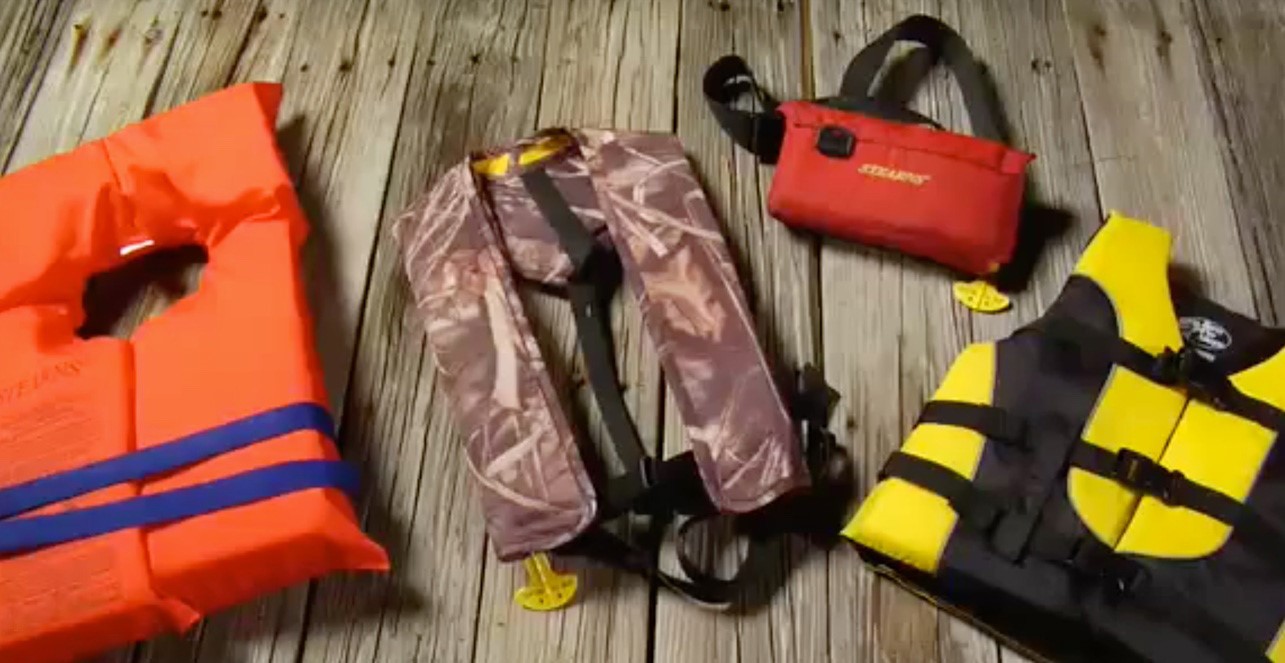
9. Always wear a PFD – When on a boat, it is best to always wear a properly fitting PFD. Add wetsuit bottoms and life vest in the case of personal watercraft. Lack of this important lifesaving device is the most common cause of loss of life on the water.
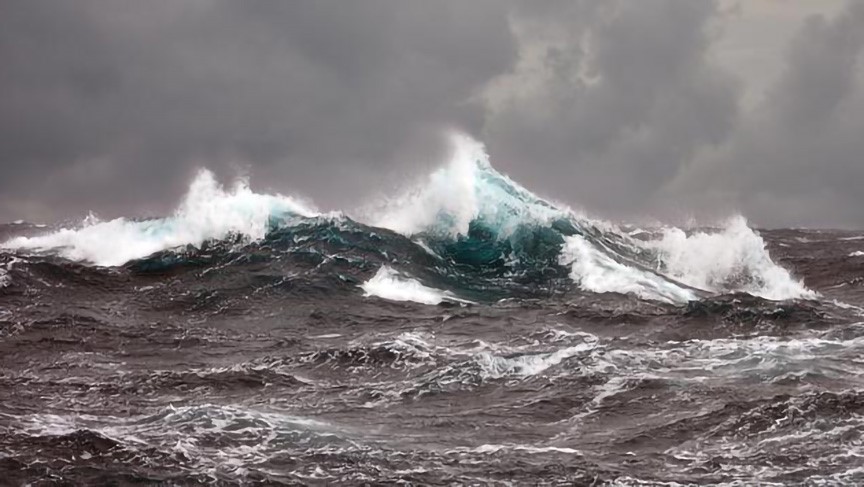
10. Respect the sea, and water – Never underestimate its power…and render assistance when you see it is needed. You may be the next one needing help.
Boating safety courses are available through many organizations, including the U.S. Coast Guard Auxiliary (http://nws.cgaux.org/) and the U.S. Power Squadrons (http://www.usps.org/). Boaters should contact their state boating law agency (http://www.nasbla.org/) for more information about where and when these courses are available.